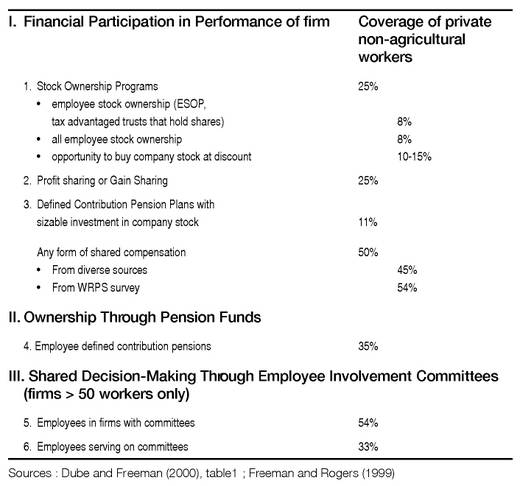- May 20, 2009
- 144,242
- 66,545
- 2,330
The central thesis of Socialists is that "working people own and control the means of production and distribution...where the production of society is used for the benefit of all humanity, not for the private profit of a few"
Well, what's stopping workers from ownership and control?
Well, what's stopping workers from ownership and control?


